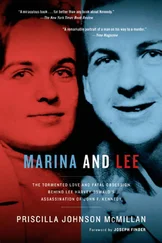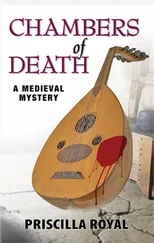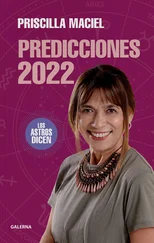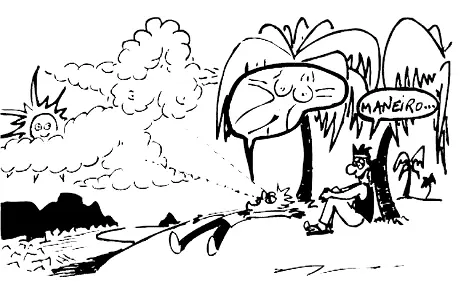
M
malhar[mah ’lyah]: to work out by doing physical exercise.
Maneiro… [mah ’ney rroo]: Interesting…
Macumba[mah ’koom bah]: «meal» consisting of a dead chicken, rice and toasted manioc flour, accompanied by a bottle of liquor and a half-smoked cigar. Served by candlelight, Macumbas are placed on street corners as offerings to the spirits, and will remain there untouched until a car or dog eventually runs across it making a real mess.
mermão[merh ’mown]: my brother/buddy/pal/friend. (As in «Aí, mermão, não pode fumar aqui .»: «Hey buddy, you can’t smoke here.») Usually preceded by the term aí.
mesada[may ’zah dah]: allowance given by parents to their kids which is intended to last a month’s time but is spent in a week.
Me vê aí[mee ’veh ah ’ее]: Give me. (As in «Mê vê aíuma caipirinha»: «Give me a caipirinha»)
Mineiro[mee ’nay rroo]: local from the state of Minas Gerais. Males are known for doing away with their wives to save their honor and defend their short calibers.
N
novela das oito[no ’veh la dah ’zoy too]: soap opera that Cariocas watch from 8:30 to 9:30 p.m. every night of the week. Favorite topic of conversation among many Cariocas.
Num dá pra dá um jeitinho[noon ’dah prrah ’dah oon jay ’tchee nyoo]: Isn’t there a way around this?
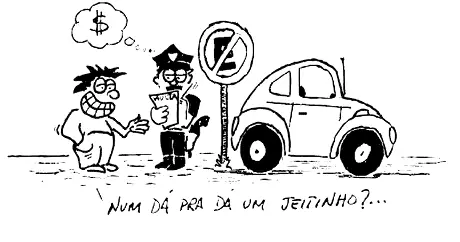
О
Oi[’oooo ееее]: Hi! (A casual greeting among Cariocas; precedes a hand shake or some kissing.)
Olha só[’oh lvah ’saw]: Look. (Term used at the beginning of ninety percent of the conversations spoken by a Carioca.)
O negócio é o seguinte…[oh nay ’gaw seeyoo eh oh say ’geen tche]: The story is the following… (This term usually precedes a lie or a very complicated story simply put.)
P
pa caralho[pah kah ’rrah lyoo]: a lot. (As in «Tá chovendo pa caralho»: «It’s raining a lot.») Cariocas use this term pa caralho (all the time).
pagar um mico[pah ’gah oon ’mee koo]: to do something foolish.
parafina[pah rrah ’fee nah]: someone with bleached blond hair.
paraíba[pah rrah ’ее bah]: a hick.
Paulista[pow ’leesh tah]: a local from the state of São Paulo. Very sallow skinned, always seen in business attire speaking Portuguese with an irritating accent . Paulistas tend to address each other with the term «O meu»: «Hey, dude.»
pentelho[pavn ’tavh lyoo]: 1. an irritating person; 2. a pubic hair.
pentelho encravado[payn ’tayh lyoo avn krah ’vah doo]: 1. an exceptionally irritating person; 2. an ingrown pubic hair.
P.F.[peh ’ehff] (prato feito): botequim’s plate of the day, inevitably consisting of white rice, black beans, manioc flour, and beefjerky.
pirralho[pee ’rrah lyoo]: 1. irritating child; 2. people of short stature.
pisar na bola[pee ’zah nah ’baw lah]: to blow it.
pivete[pee ’veh tche]: thief under sixteen years of age.
Pô, aí[’poh ah ’ее]: C’mon. (As in politely, «Pô, aí, dá pra acertar depois?»: «C’mon, can I pay you later?») This term usually precedes a question or some whining.
pochete[poh ’sheh tche]: device worn by Cariocas around the waist to carry pocket money, keys, and identification cards.
Pô, que saco[kee ’sah koo]: Boy, what a hassle! What a drag!
Q
Qualé[quah ’leh]: What’s up? (As in «Qualé, mermão?»: «What’s up, buddy?»; also «Qualé a tua?»: «What’s the matter with you?»)
Que gostosa[kee gosh ’taw zah]: How delicious! (Term often uttered by men when a woman passes his way.)
R
rango[’hun goo]: food; also rangar: to eat.
ratear[ha tchee ’ah]: to steal from or fool someone.
rato[’ha too]: thief or schemer (male).
rato de praia[’ha too gee ’prah yeah]: beach thief.
S
saco[’sah koo]: 1. something that tests your patience; 2. a sack, specifically testicular.
sapatão[sah pah ’town]: 1. a big shoe; 2. a woman who prefers the company of other women.
simpatia[seen pah ’tchee yah]: a blessing used as a cure-all.
simpático[seen ’pah tchee koo]: 1. agreeable; 2. a person who is fun to be with and pleasant to deal with; synonymous with Cariocas.
sunga[’soon gah]: Speedo-tvpe bathing suit worn by Carioca men, whether they have the physique for it or not.
surfista[suh ’feesh tah]: 1. a person who is or looks like a surfer; 2. a person who rides waves or train tops.
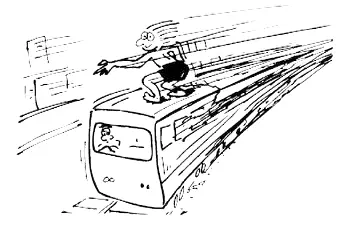
T
Tá mal[tah ’mow]: a not-so-negative way of saying no. (As in «Vamu ao cinema?» «Ta mal»: «Let’s go to the movies?» «Nah.»)
Tá na boa[tah nah ’bowah]: It’s cool.
tanga[’tun gah]: tiny triangular pieces of material usually held together by strings. Worn by Carioca women as a bikini on the beach.
Te ligo[tchee ’lee goo]: I’ll call you. (Phrase used when ending a Carioca social encounter, it really means, «I won’t be calling you.»)
transar[trun ’zah]: 1. have sex; 2. make a deal.
trocadinho[trroh kah ’geen yoo]: amount of money demanded by beggars from people on the street or in their cars.
U
Ué[oo ’eh]: Hmmm… (As in «Ué, cadé meu sapato e minha meia?»: «Hmmm, where are my shoes and socks?»)
uma estupidamente gelada[oo mah eh ’shtoo pee dah ’mayn tche jeh ’lah dah]: an extremely cold beer.
uma gelada[oo mah jeh ’lah dah]: 1. an ice cold beer; 2. a dilemma.
uma lourinha[oo mah loy ’rree nvah]: 1. a cute blonde; 2. a beer. (As in uma lourinha sem colarinho: a beer without foam).
V
Valeu[vah ’leyoo]: Thanks.
Varnu nessa[’vuh moo ’neh sah]: Let’s go.
viado[vee ’yah doo]: males of a gentler persuasion.
Viu?[veeoo]: See? Get it? Understand? (As in «Vou ao cinema. Viu?»: «I’m going to the movies. Get it?»)
Z
Zona Sul[zoh nah ’sool]: the southern part of the city of Rio, and probably where you will be (unless you are at a samba school rehearsal or being fitted for your Carnival parade costume).
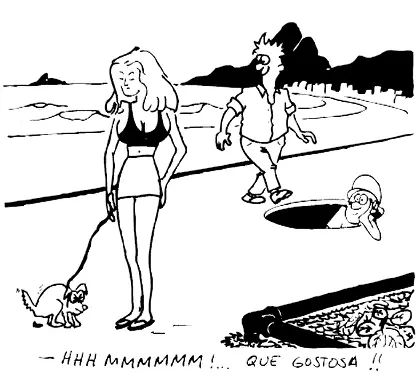
Speaking carioca остановилась
Читать дальше






